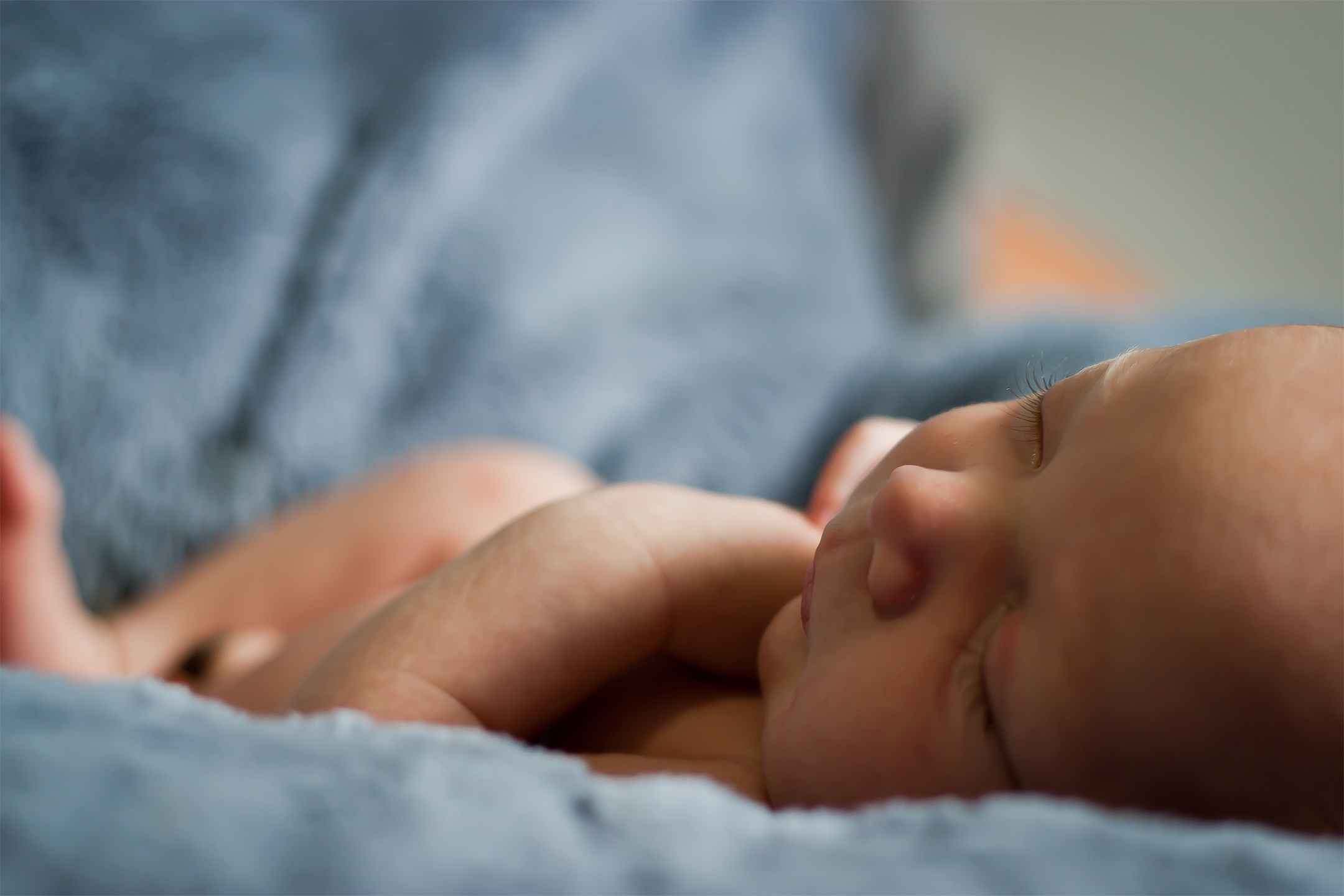
02 Nov Teaching babies to sleep is safe and improves parental wellbeing
The Murdoch Children’s Research Institute study in 2019 found that it’s very common to experience difficulties with infant sleep at some point in the first year, with about 60 per cent of mothers reporting mild or fluctuating problems. But for 20 per cent of mothers, their infant’s sleep problems are both persistent and severe during the first year.
A more recent study by the Centre for Community Child Health, Murdoch Children’s Research Institute, has provided an alternative for sleeping problems in babies, with over one-third of them having trouble settling to sleep at the start of the night, waking overnight, or both.
Sleep-deprived new parents can become exhausted, and postnatal depression is twice as likely in mums who say their babies’ sleep is a problem, rather than for mums whose infants sleep well.
Various programs are available such as the Infant Sleep eLearning Program. This program is designed for health professionals and parents to help babies aged six months and older learn to sleep during the day and overnight. Research shows that over a third of babies experience problems settling to sleep at the start of the night or waking overnight, or both. This can have a big impact on the parents and other siblings.
A diversity of opinions and advice can leave parents feeling confused, guilty, afraid, and inadequate.
What’s new, then?
From about six months of age, babies can be taught to fall asleep by themselves and not cry out for mum or dad when they wake during sleep, using the strategies of ‘controlled comforting’ or ‘camping out.’ The research at the Centre for Community Child Health, Murdoch Children’s Research Institute, showed these techniques were effective and safe for healthy infants aged six months or older.
The Kids Sleep Study, which followed up with the families five years later, found that the strategies caused no long-term harm to the development, health, or well-being of the children.
How is it changing children’s lives?
Good sleep is important for health and immunity, and these techniques are helping babies achieve the sleep they need to grow and develop well, along with decreasing symptoms of maternal depression.
The evidence-based sleep intervention program is now embedded in Victoria’s free Maternal and Child Health Service and allows parents to choose from proven strategies to put their babies to bed safely and with confidence.

